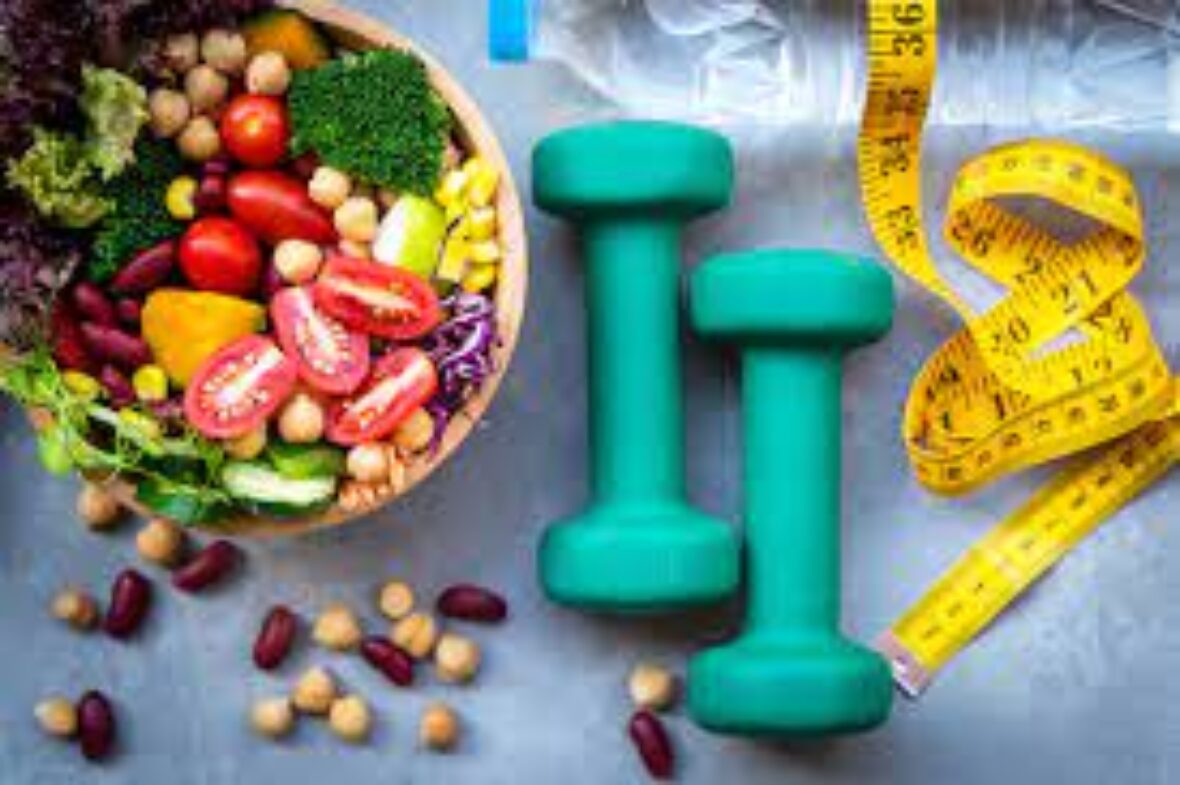
“Effective Weight Loss Strategies | Healthy Living Guide”
There are many ways to lose a lot of weight fast but most of them are unsafe here are safe ways to lose weight fast and healthy.
Women tend to struggle more with weight loss than men due to hormone and body composition differences. The primary female sex hormones — estrogen and progesterone — make women prone to strong food cravings.
The primary male hormone of testosterone is present in both women and men, but men have a heck of a lot more it. It contributes to muscle building and fat loss.
1. Cut Back on Sugars and Starches
The most important part is to cut back on sugars and starches (carbs). When you do that, your hunger levels go down and you end up eating much fewer calories. Now instead of burning carbs for energy, your body starts feeding off of stored fat. Another benefit of cutting carbs is that it lowers insulin levels, causing your kidneys to shed excess sodium and water out of your body. This reduces bloat and unnecessary water weight. It is not uncommon to lose some kilo (sometimes more) in the first week of eating this way, both body fat and water weight. This is a graph from a study comparing low-carb and low-fat diets in overweight or obese women.
2. Eat Protein, Fat and Vegetables
Each one of your meals should include a protein source, a fat source and low-carb vegetables. Constructing your meals in this way will automatically bring your carb intake into the recommended range of 20–50 grams per day. The importance of eating plenty of protein cannot be overstated. This has been shown to boost metabolism by 80 to 100 calories per day High-protein diets can also reduce cravings and obsessive thoughts about food by 60%, reduce the desire for late-night snacking by half, and make you so full that you automatically eat 441 fewer calories per day — just by adding protein to your diet When it comes to losing weight, protein is the king of nutrients. Period.
3. Lift Weights 3 Times Per Week (yes am talking to you ladies)
You don’t need to exercise to lose weight on this plan, but it is recommended. The best option is to go to the gym 3–4 times a week. Do a warm-up and lift some weights. If you’re new to the gym, ask a trainer for some advice. By lifting weights, you will burn lots of calories and prevent your metabolism from slowing down, which is a common side effect of losing weight. Studies on low-carb diets show that you can even gain a bit of muscle while losing significant amounts of body fat. If lifting weights is not an option for you, then doing some cardio workouts like walking, jogging, running, cycling or swimming will suffice.
4. Avoid sugary drinks and fruit juice
These are the most fattening things you can put into your body, and avoiding them can help you lose weight.
5. Drink water a half hour before meals.
One study showed that drinking water a half hour before meals increased weight loss by 44% over 3 months.
6. Eat soluble fiber
Studies show that soluble fibers may reduce fat, especially in the belly area. Fiber supplements like glucomannancan also help.
7. Eat mostly whole, unprocessed foods.
Base most of your diet on whole foods. They are healthier, more filling and much less likely to cause overeating.
8. Get a good night’s sleep, every night
Poor sleep is one of the strongest risk factors for weight gain, so taking care of your sleep is important.






